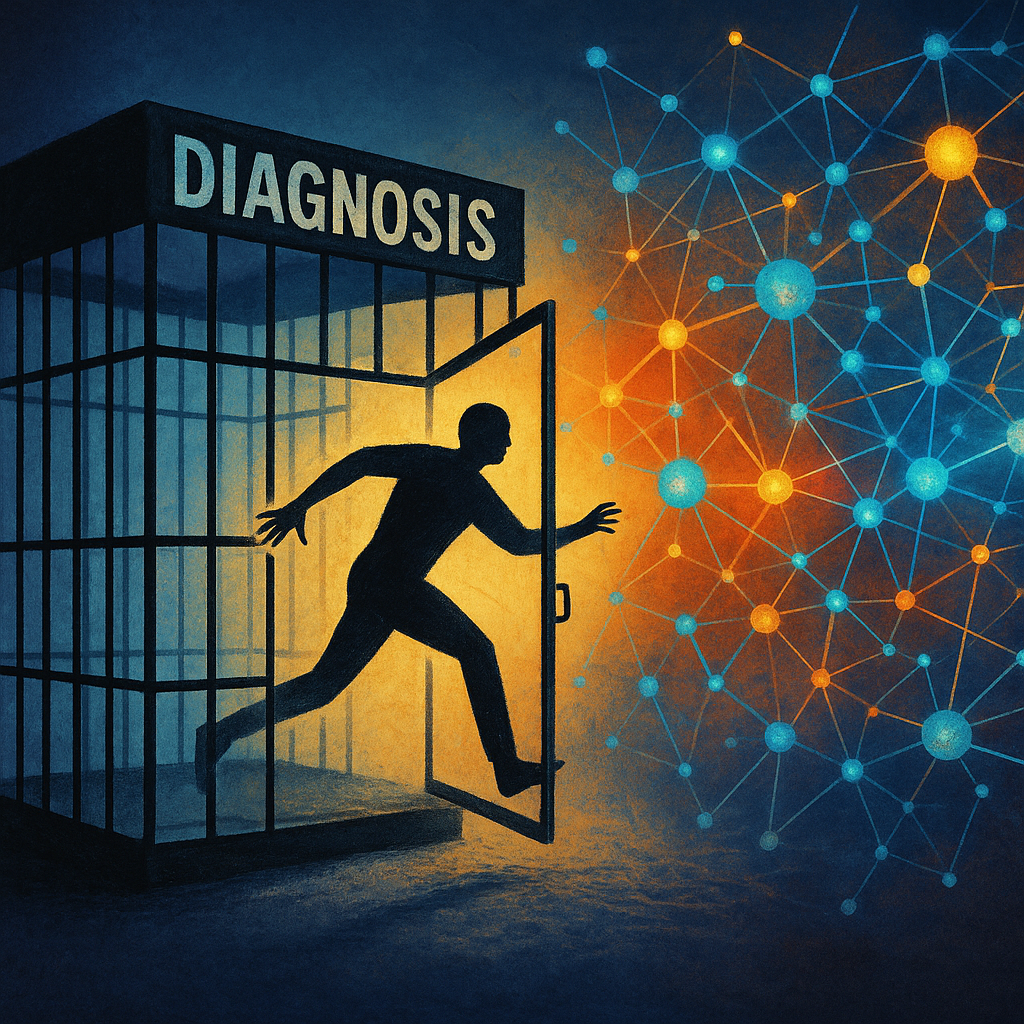From Categories to Networks: A Paradigm Shift in Psychopathology

From Categories to Networks: A Paradigm Shift in Psychopathology The Traditional Categorical Model and Its Limitations For much of modern psychiatry, mental disorders have been conceptualized in a categorical framework. In this traditional model, epitomized by the DSM (Diagnostic and Statistical Manual of Mental Disorders), each disorder is a distinct category defined by a checklist of symptoms. The implicit assumption is that a latent disease entity exists : the disorder (e.g., “Major Depressive Disorder” ) is an underlying cause that produces observable symptoms (such as sad mood and insomnia), much like an infection causes a fever. This classical paradigm has dominated diagnosis and treatment for decades, but it suffers from well-documented limitations: High Comorbidity: In practice, individuals often meet the criteria for multiple diagnoses simultaneously. Epidemiological surveys confirm that comorbidity is common, not rare. This undermines the idea of neatly separable disorde...